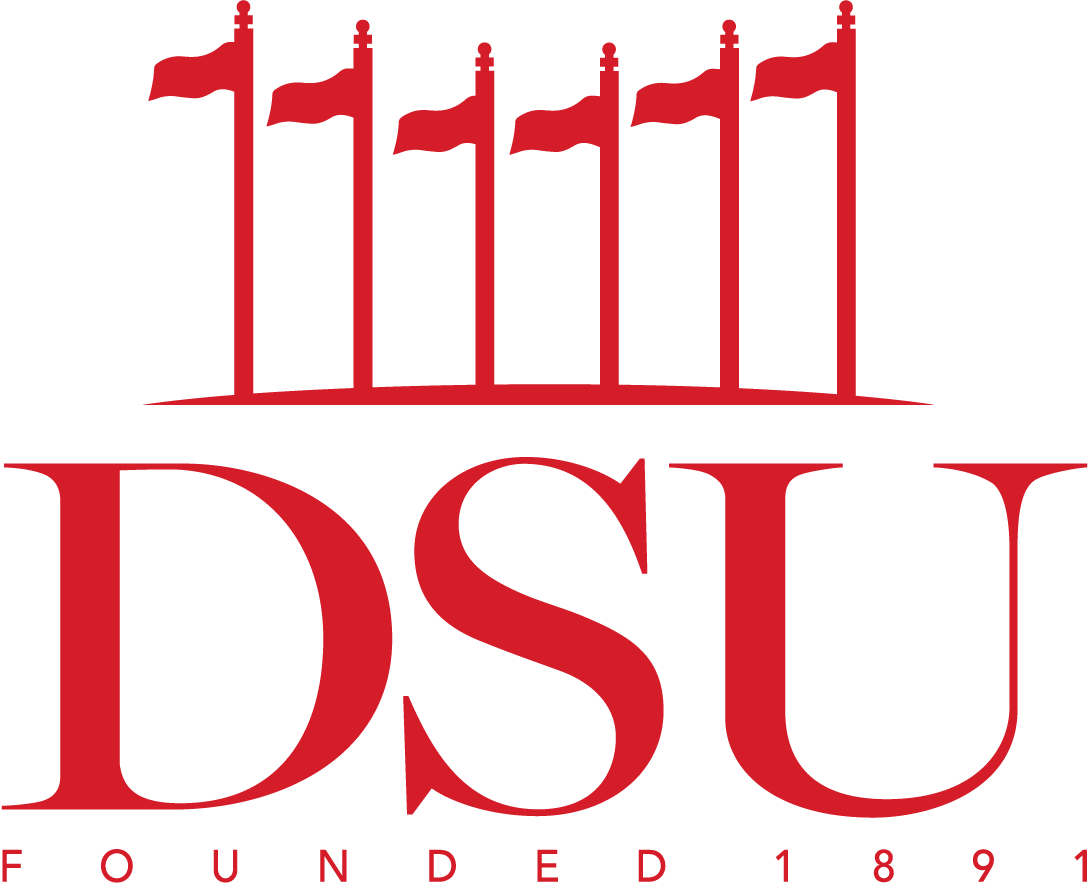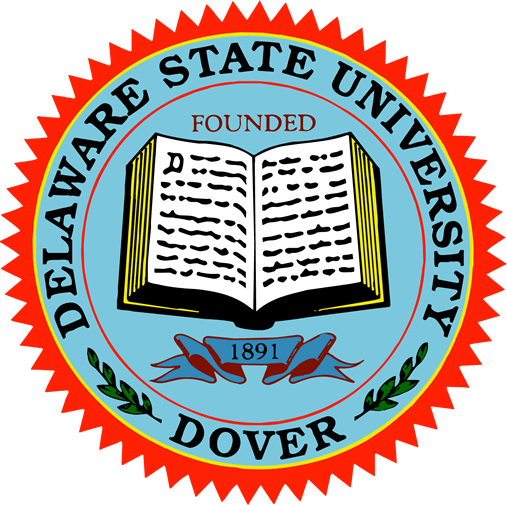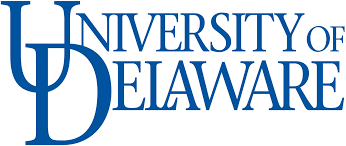UD-DSU Degree Grows Engineer Pipeline
UDel-Del State Dual-Degree Program Will Help Diversify Area’s Engineering Talent Pipeline
University of Delaware and Delaware State University faculty and staff with the first cohort of the UD-DSU Summer Engineering Research Experience.
Photo by Kathy F. Atkinson.
September 12, 2024
Enrollees Study a STEM Field for 3 Years at DSU, Then Attend UD for 2 Years to Complete Both Bachelor’s and Master’s Degrees in Engineering
By Jamie Washington
The 53 miles between the University of Delaware in Newark and Delaware State University in Dover feels a bit closer now for the first cohort of DSU students in the Summer Engineering Research Experience, which is part of the dual-degree engineering partnership at the two schools.
Jada Moore, a rising DSU junior majoring in engineering physics with a bioengineering concentration, is one of the seven students who participated in the 10-week program designed to help them connect with UD faculty and with each other.
“It’s really the best of both worlds,” said Moore, who initially planned to enter the workforce after earning her bachelor’s degree at the historically Black college/university (HBCU) but is now planning to add a graduate degree from UD. “DSU students interested in engineering and the HBCU experience can learn the basics of engineering at DSU and then drive about an hour away to get their master’s in engineering from UD.”
Students in the dual-degree program study a STEM field for three years at DSU, which does not offer an engineering major, then attend UD for two years to earn a bachelor’s and master’s in engineering, said Levi Thompson, the Elizabeth Inez Kelley professor chemical and biomolecular engineering, who helped launch the partnership in 2021 during his term as dean of the College of Engineering. The dual-degree program takes five years, while completing the two degrees separately would typically take at least six years.
“It is an enriching educational opportunity for DSU students to go beyond the fundamentals of engineering and a chance for both universities to add even more excellence to the engineering workforce in Delaware,” Thompson said.
Kim Isett, UD’s vice provost for academic programs and university initiatives, said the partnership itself reinforces the essential value of collaboration.
“Collaborative programs like this ensure student success and create a pool of well-qualified job applicants for the state of Delaware and beyond,” she said.
Before leaving DSU to finish their studies at UD, students will attend the Summer Engineering Research Experience at UD each summer.
“The Summer Engineering Research Experience is a valuable opportunity for students to continuously engage in master’s level research while building relationships within their cohort and becoming familiar with UD’s faculty and staff,” said Noelle-Erin Romero, the director of UD’s RISE program.
Students received individualized academic advising before enrolling in their required UD Summer Session course, which will transfer to DSU to fulfill their undergraduate requirements. They were also paired with a UD professor who served as their research mentor and assigned the research project that they would discuss at UD’s Undergraduate Research Symposium.
Each week students attended professional development workshops and program check-ins with UD leadership and engineering industry professionals.
“These were pivotal in preparing students for their future careers and provided them with opportunities to connect with leaders in their field and gain invaluable insight,” Romero said. “The relationships forged highlight the ongoing support of local companies and are leading to internships and opportunities for students to start building skills for future success.”
The students also engaged in social activities every other weekend to build camaraderie within their cohort, Romero said.
As the program develops, students will also have the opportunity to complete a summer internship, beginning in 2025. Over a dozen companies have expressed support and their shared interest in diversifying the engineering workforce in the state, said Tripp Shenton, associate dean for undergraduate education in the College of Engineering and professor of civil and environmental engineering.
“This program opens doors to high-impact careers, fosters a more diverse and inclusive workforce and strengthens Delaware’s innovation ecosystem,” said Cherese Winstead, dean of DSU’s College of Agriculture, Science and Technology and professor of chemistry as well as member of the Delaware Prosperity Partnership Board of Directors.
This article was originally posted on the University of Delaware website at https://www.udel.edu/udaily/2024/september/dual-degree-partnership-engineering-summer-program-delstate-hbcu/.
Newsletter Sign Up
Stay Up To Date With Delaware
























